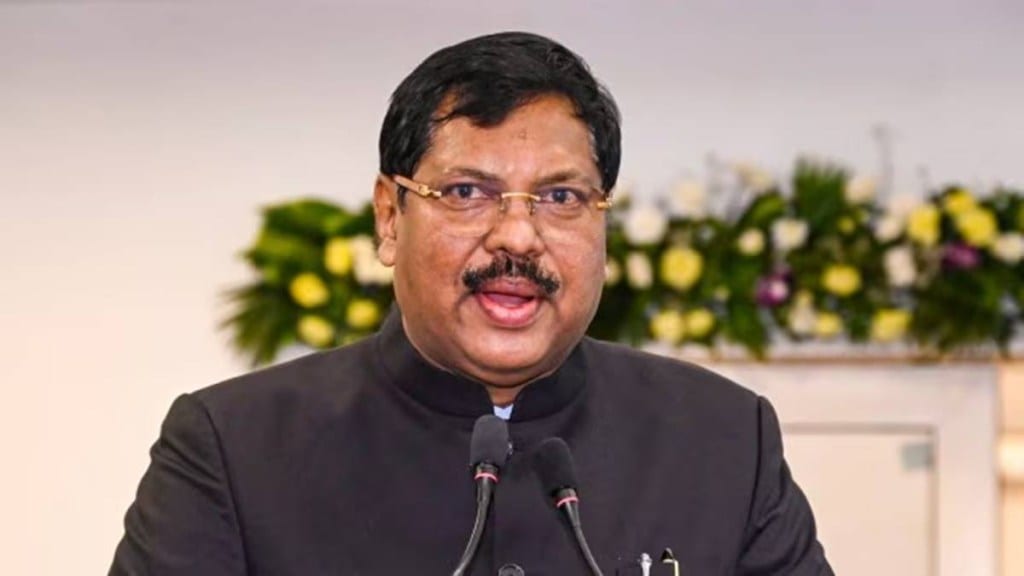The Chief Justice of India (CJI) BR Gavai, in a strong but balanced message at the Oxford Union, said that while judicial activism has a place in Indian democracy, it must not cross constitutional constraints. He warned that going beyond limits could result in what he called “judicial terrorism”.
While addressing an event titled ‘From Representation to Realisation: Embodying the Constitution’s Promise’, CJI Gavai mentioned that the judiciary is duty-bound to take action when the legislature or executive is not able to safeguard citizens’ rights, but this role has its limits.
“Judicial activism is bound to stay. At the same time, judicial activism should not be turned into judicial terrorism,’’ he stated.
Judicial review only in special cases
CJI Gavai highlighted that judicial review, which is one of the crucial strengths of the judiciary, should be used sparingly and only when it is essential. He gave three such instances where such interference will be applicable.
First, when a law breaks the basic structure of the Constitution, breaches fundamental rights or is unfair.
He underlined, “Power has to be exercised in a very limited area in very exceptional cases.” He further explained that courts have earlier intervened in cases like this.
Commenting on India’s social development, CJI Gavai emphasised his presence at Oxford. He remembered that not long ago, millions of Indians were considered “untouchable”, but today, someone from the same background is serving in the top judicial post and is interacting with a global audience.
He hailed the Indian Constitution for intensifying the voices of the marginalised. He stated, “The Constitution of India carries within it the heartbeat of those who never meant to be heard,” as quoted by Bar and Bench.
He also quoted Dr BR Ambedkar in his speech, pointing out that true democracy also means sharing powers not just among institutions but among social groups.
